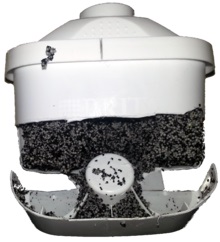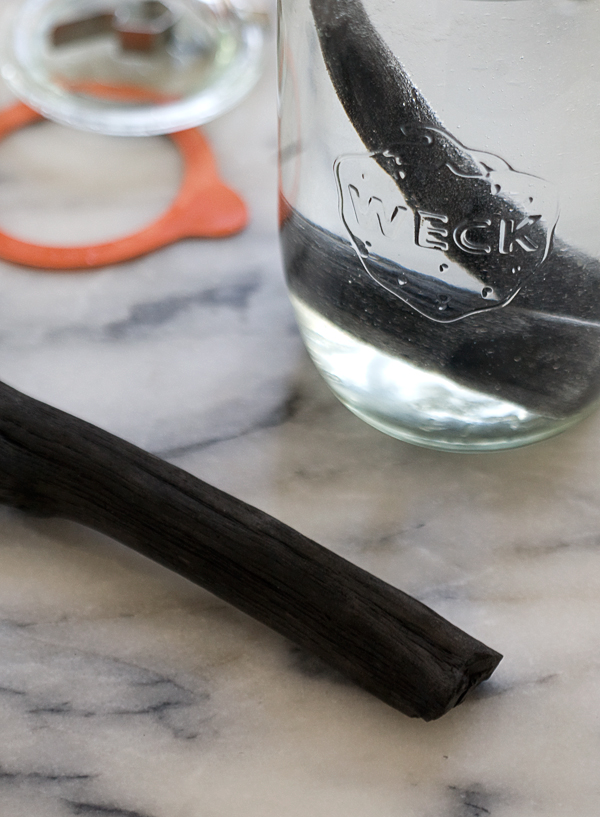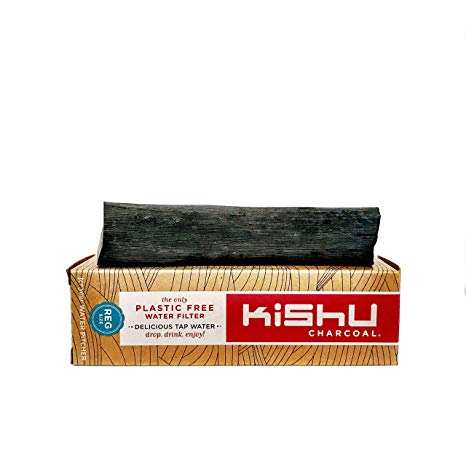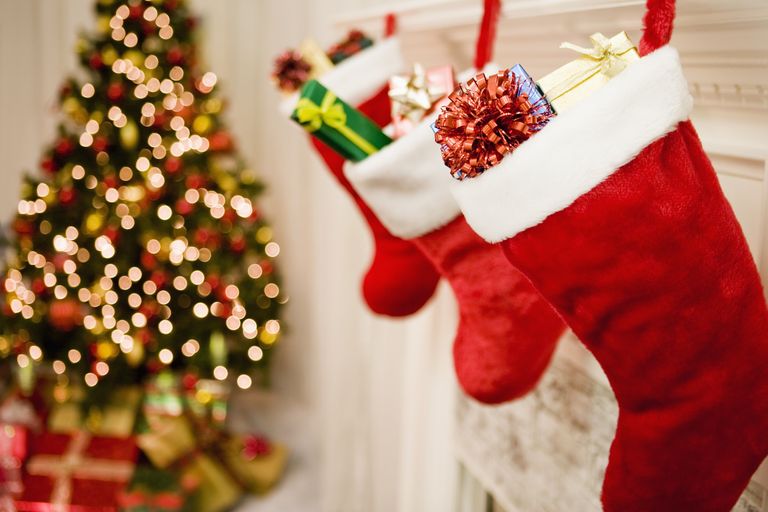PURE Water Doesn’t Have to Be Expensive or Complicated!

Do you ever wonder whom to believe when it comes to the best and the safest drinking water? Generally speaking, in the United States we can consume water from the tap without risking our immediate health.
But more and more hormones, toxic chemicals and micro-plastics are making it into our water systems (note: bottled water is no better) these days, and so more and more options for “safe water” are popping up. And this is where it gets so confusing.
I found some helpful and comforting information on the subject today, though. Food researcher/writer, Lauren Bowen, shared a HOT TIP on the topic in the most recent issue of the Care2 newsletter (www.care2.com) that you also might find helpful and comforting.

She first talks about how activated charcoal is now the most common answer to purifying water. Brita pitchers, fridge filters…most all water filters use activated charcoal as the technology of choice.
Why? Well, at a base level, activated charcoal has properties that make it extremely absorbent, allowing it to bind to tiny molecules and remove them from the dissolved substance. As a water filter, activated charcoal can absorb a range of drug particles, mercury, bacteria, viruses, fungus and chemicals found in the water.
Now if you’ve ever shopped around for a water filter, you know they can get expensive. Even the Brita filter, over time, gets pricey. So here’s where Lauren shares some help and comfort. She says safe and pure water doesn’t have to be expensive or complicated, for that matter.

And she explains that charcoal is the answer, but you can actually make your own charcoal water filter! While she says there are lots of ways to do this, the simplest method is this: Simply place an entire activated charcoal stick in a glass carafe full of tap water and let it sit for 4-6 hours. Then remove and enjoy your water. (Important: Don’t use a plastic jug. If you don’t have a glass container, stainless steel will work just as well.)
Charcoal sticks like these will last around 4 months or so, so you can continue to reuse them. To maintain them, simply boil the stick in water for 10-15 minutes once a month and continue your filtering process as before. Easy!

After its 4 months is up, simply compost it with your kitchen scraps or use it in the bottom of your closet as a deodorizer.
Well, Lauren sold me on the idea. I wasn’t acquainted, though, with these charcoal sticks she refers to. But with a little hunting I found them on amazon.com. Here’s what the amazon ad says:

“Kishu charcoal is the simple, elegant way to filter tap water. Simply place in any glass or stainless steel pitcher or bottle, add tap water and watch Kishu go to work. Kishu bonds with toxins and imparts good-for-you minerals. One stick can be used for 4 months. And when finished as a water purifier, Kishu makes an excellent deodorizer or garden soil addition.”
Kishu Charcoal - Activated Charcoal Water Filter
Price: $11.99 for 1 filter (FREE Shipping on orders over $25 shipped by Amazon)
Packaging says it’s the only plastic-free water filter available
So doing the math, this averages to about $3 a month for clean and safe water. Isn’t it nice to know of less expensive and easy options out there? We can do this!

And I’m thinking this charcoal stick could make a nice Christmas stocking stuffer for our adult family members. Even if they didn’t need to use it now, it’s always good to be prepared for what may come.
- www.fairfaxcounty.gov
- www.en.wikipedia.org
- www.care2.com
- www.acozykitchen.com
- www.amazon.com
- www.christmas.snydle.com
 Alice Osborne
Alice Osborne
DVO Newsletter Contributor since 2006
Email the author! alice@dvo.com
